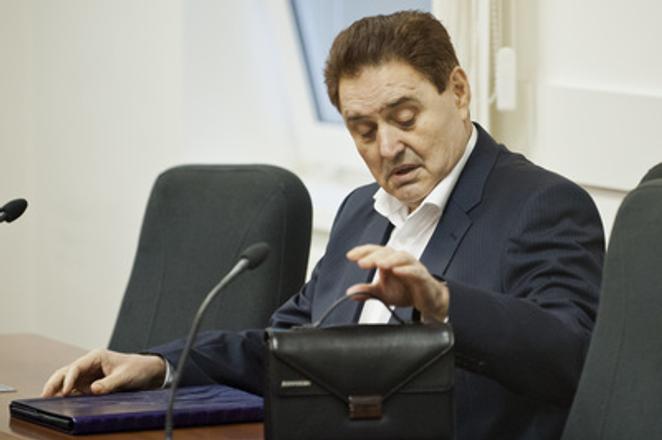At the same time, Jozef Majský was convicted (not for the first time) of running a notorious pyramid scheme in the early 2000s that defrauded thousands of people. And alleged gangster Robert “Bucket” Lališ, who had been on the run since the late 90s, was arrested in Germany on suspicion, among other things, of involvement in at least 11 murders.
The character of these crimes is revealing. Whilst torching cars is hardly the most sociable pastime, the activities of Messrs Bucket and Majský hark back to an era when crime in Slovakia seemed to grow more baroque by the week.
Take the early months of 2002. The police were hard at work.
‘Drunk police kill three on the roads’, was a Slovak Spectator headline in January 2002, after two senior police officers, one in southern Slovakia and another in Trenčín, both intoxicated, managed between them to run over and kill three people.
In another report from Trenčín at the time, ‘Strip clubs raided’, we learned that: “Ten clubs were raided in one night last weekend.”
Ten strip clubs! Just in Trenčín! But the excitement was not confined to western Slovakia. Things were heating up in Brezno too.
In February, “two young runaways [aged 11 and 12] stole a car, and when chased by the owner fired several shots at him from an illegally owned gun”.
Miraculously, no one was hurt. But things didn’t end so well in Rožňavská Baňa (‘Machete maniac jailed’), Hriňová (where a young man beat his father to death on the way home from the pub “because he did not want him to sleep”), or Vranov nad Topľou (where a 27-year-old “shocked an ambulance team answering his emergency call when they found he had cut off one of his own testicles and then eaten it”). I am not making this up.
In the pièce de résistance, in May 2002 another drunk policeman – this one driving through Malacky, at 190 km/h – swerved off the road and killed two people, including his own father.
While drunk-driving remains a scourge, incidents like these (and there are many more like them in the archives) are now mercifully rare. So despite the glow from the parking lots of Prievidza, we should perhaps give thanks that the country seems to be – ever so slightly – less violent than it was just a few years ago.



 Jozef Majský in court. (source: TASR)
Jozef Majský in court. (source: TASR)